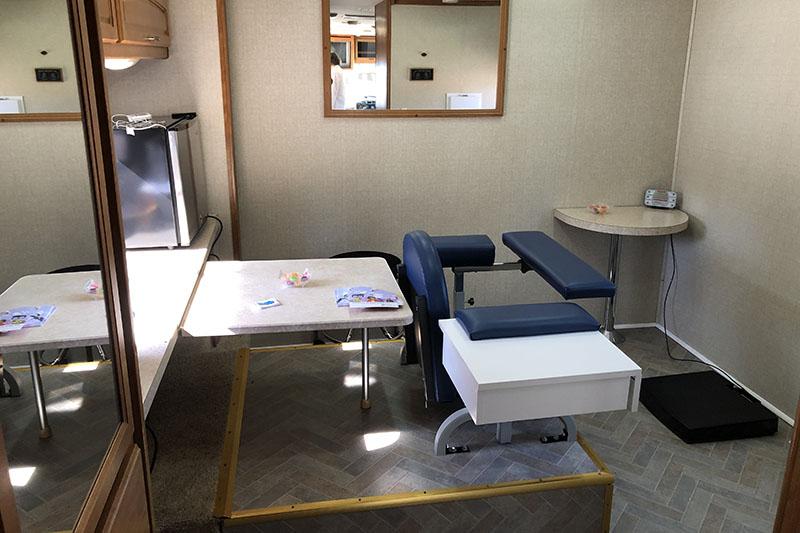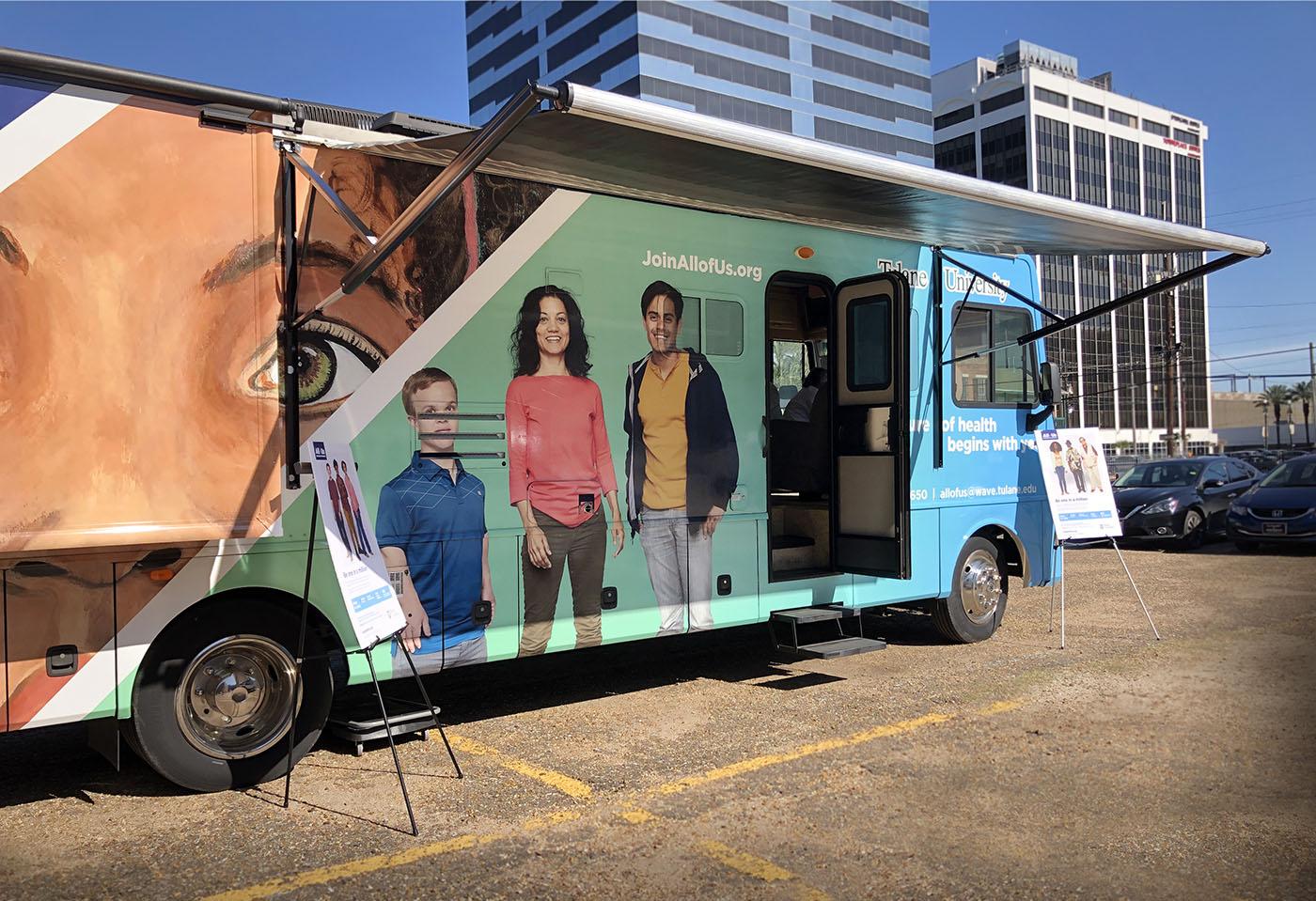DNA study aims to ‘change the practice of medicine’ over next decade
Every day, hundreds of Americans use commercial genetics testing services like 23andMe to assess their risk factors for certain diseases. Now researchers at Tulane University School of Medicine are part of a national effort that uses similar technology to discover links between genetics, lifestyle factors and health risks.
Tulane is recruiting more than 10,000 people during the next four years as a regional site for the National Institutes of Health’s All of Us Research Program, a historic effort to collect DNA samples from more than a million people across the country. The study links the genetic information with a patient’s electronic health record to find patterns that will enable doctors to develop personalized treatments for major diseases based on people’s genes.
“At the moment, health care is often one-size-fits-all. But imagine a future where your health care is tailored to you,” said Vivian Fonseca, MD, Tullis Tulane Alumni Chair in Diabetes and principal investigator of the study at Tulane. “We want to help make that future possible. This is a very exciting initiative that I believe will change the practice of medicine within the next 10 years.”
Participants will contribute their health data over many years to improve health outcomes, fuel the development of new treatments for disease and potentially usher in a new era of evidence-based and more precise preventive care and medical treatment, Fonseca said.
Tulane has purchased a specially designed bus for the study. The bus is a mobile clinical trials unit with three stations where participants can use computers to enroll in the study and a separate clinical area where technicians can take vital signs and draw blood to send off for DNA analysis.
The colorful bus, which is wrapped with All of Us study signage and logos, will travel throughout the region to enroll participants.
The All of Us research program will build one of the world’s largest and most diverse data sets for precision health research. The study aims to:
- develop ways to measure risk for a range of diseases based on environmental exposures, genetic factors and interactions between the two;
- identify the causes of individual differences in response to commonly used drugs;
- discover biological markers that signal increased or decreased risk of developing common diseases;
- use mobile health technologies to correlate activity, physiological measures, and environmental exposures with health outcomes;
- develop new disease classifications and relationships; and
- empower study participants with data and information to improve their own health.
The study takes rigorous measures to make sure participants’ data is safe and secure. Health information is only available within the research studies connected to the program and data is encrypted to maintain privacy, Fonseca said.
“We encrypt all participant data. We also remove obvious identifiers from data used for research. This means names, addresses, and other identifying information is separate from the health information.”
More information about the study is available at https://www.joinallofus.org/en/southern.


